We got a project where kids need to learn letters in a fun way. Problem is, buying all these learning materials adds up. So, we're thinking, making our own alphabet letters, big enough for little hands, would save cash and add a personal touch. Need to find a simple way to get those 2 inch alphabet letters ready for printing and cutting.
We come up with designs to help those needing 2-inch alphabet letters. Easy to print layouts mean they're ready in no time, perfect for crafting or educational activities. By varying styles, kids can have fun while learning, making it a great blend of enjoyment and education. Always good to have handy for a range of activities, ensuring learning never gets dull.
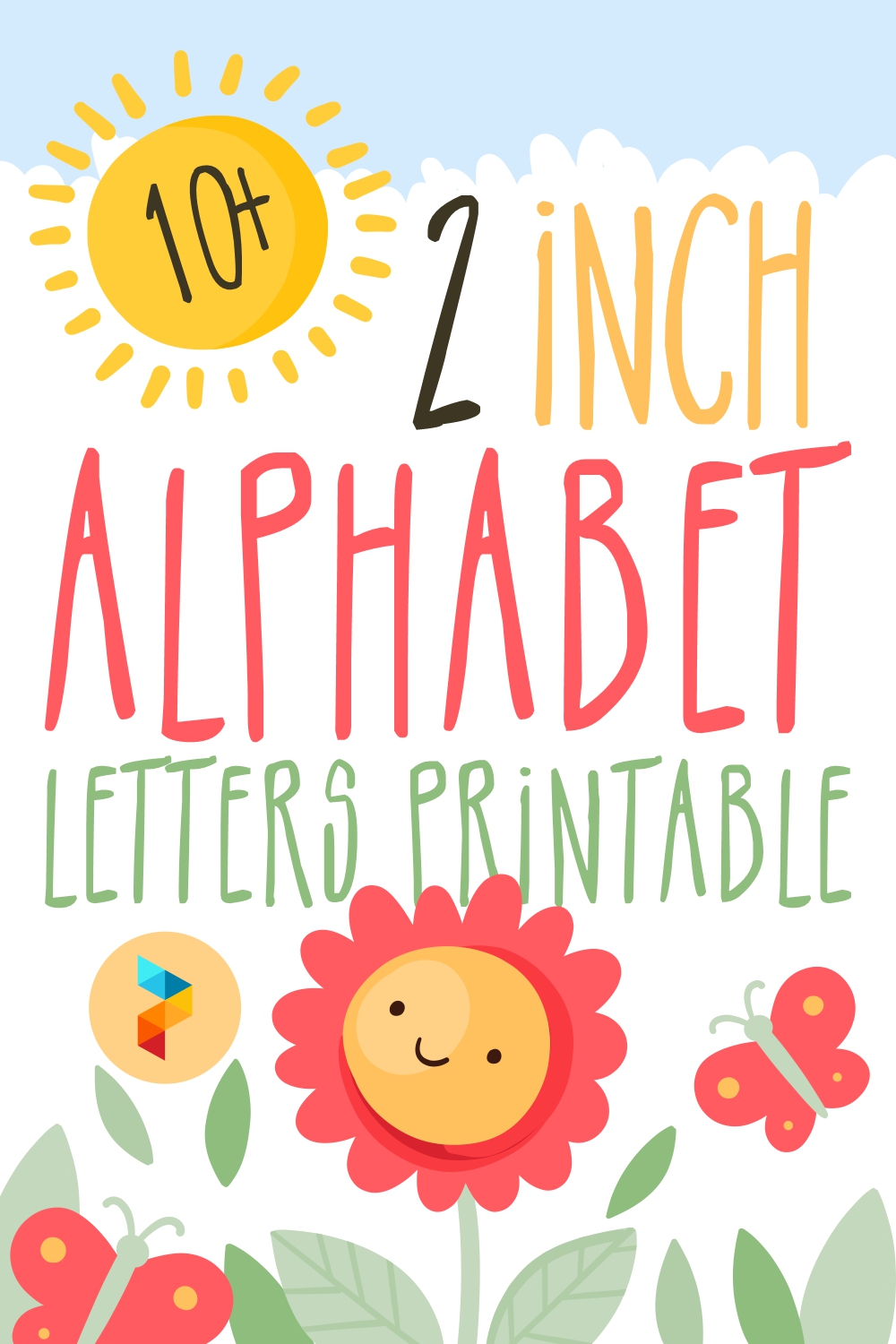
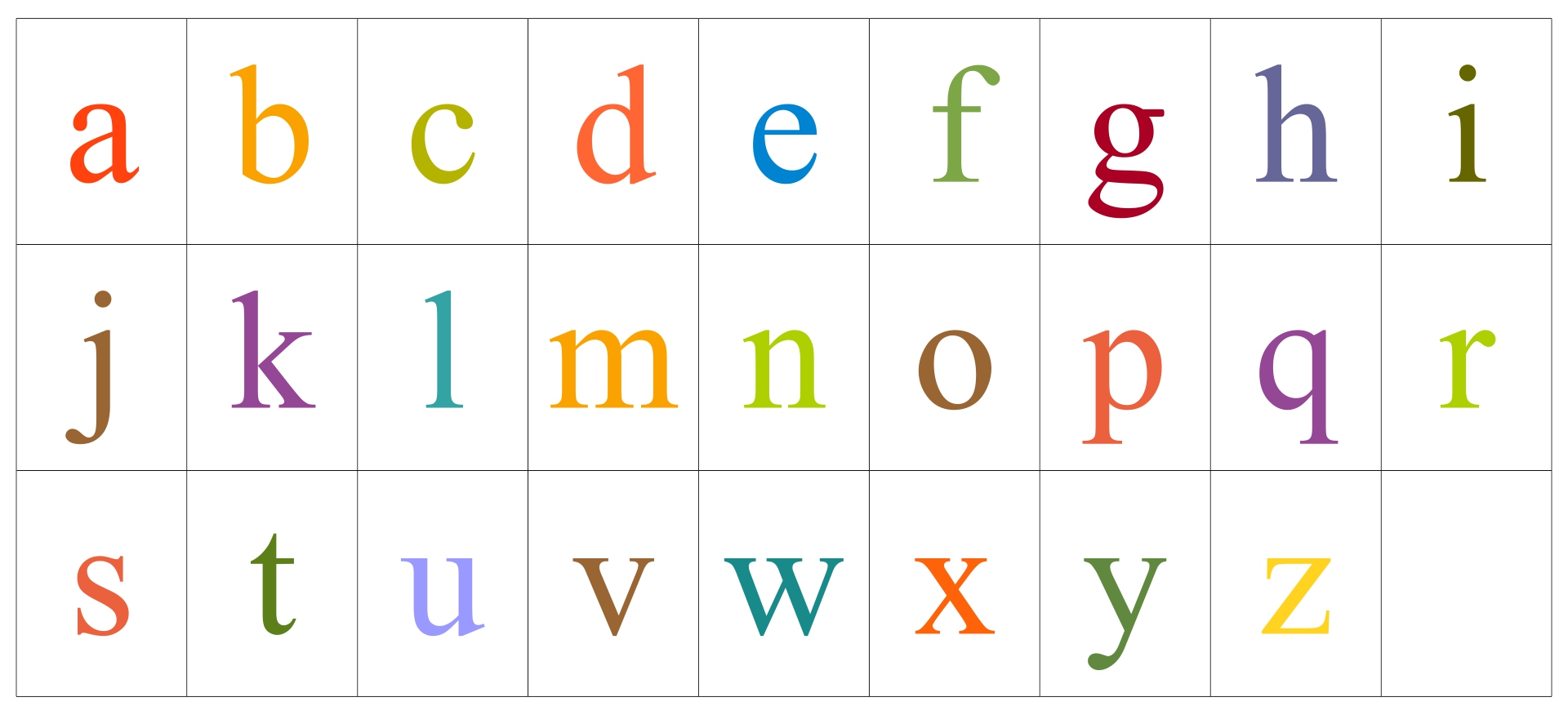
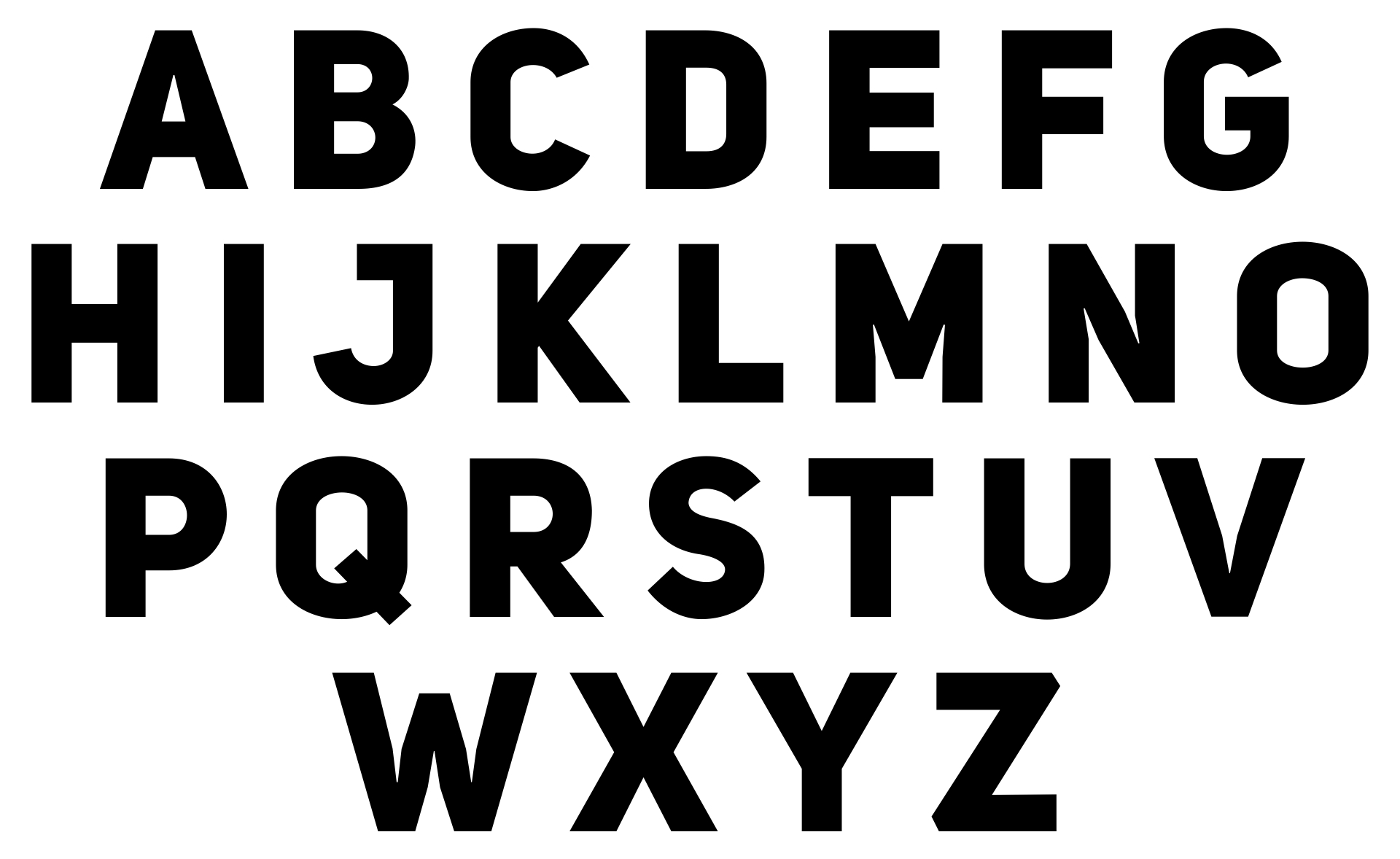
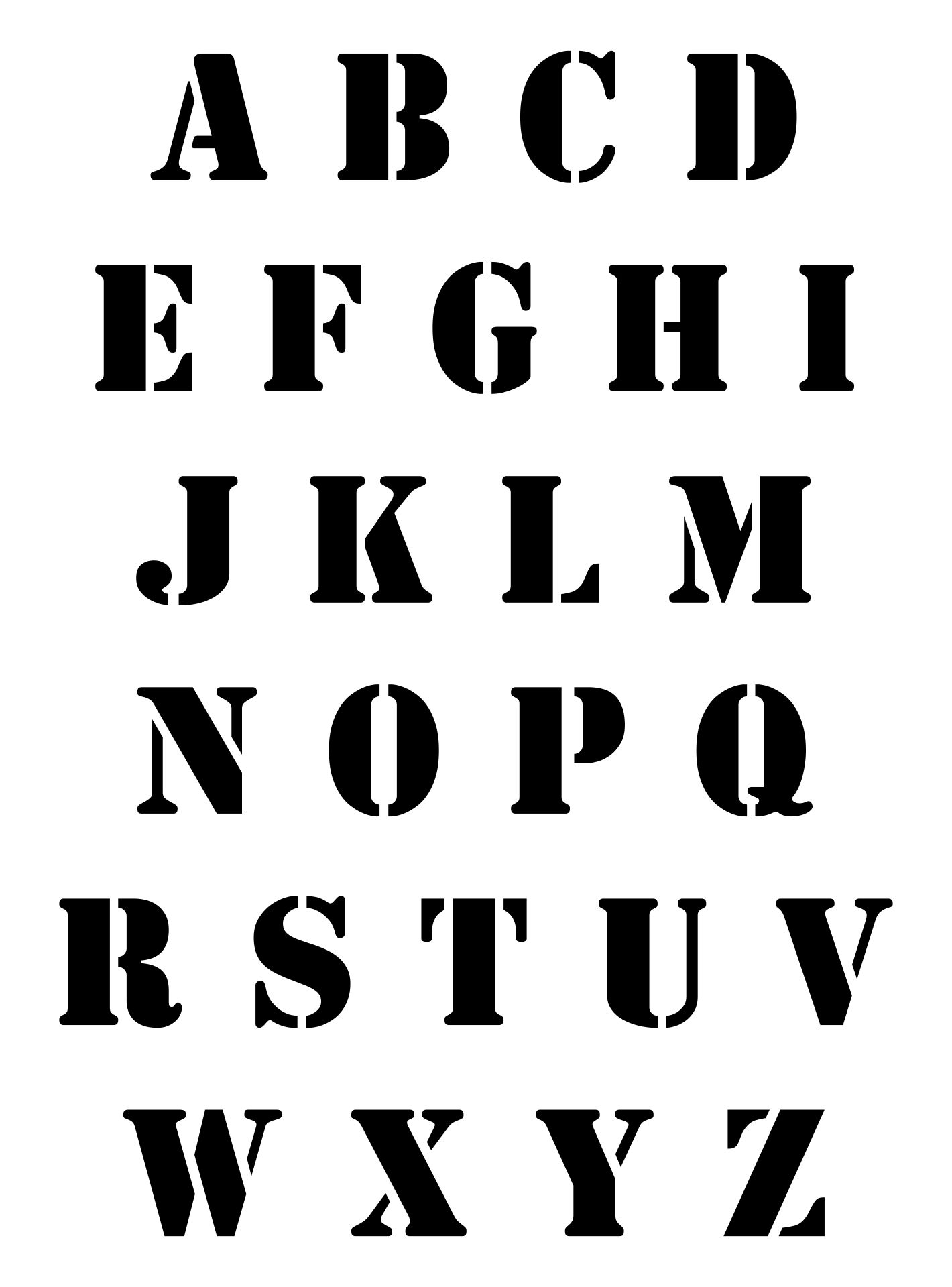
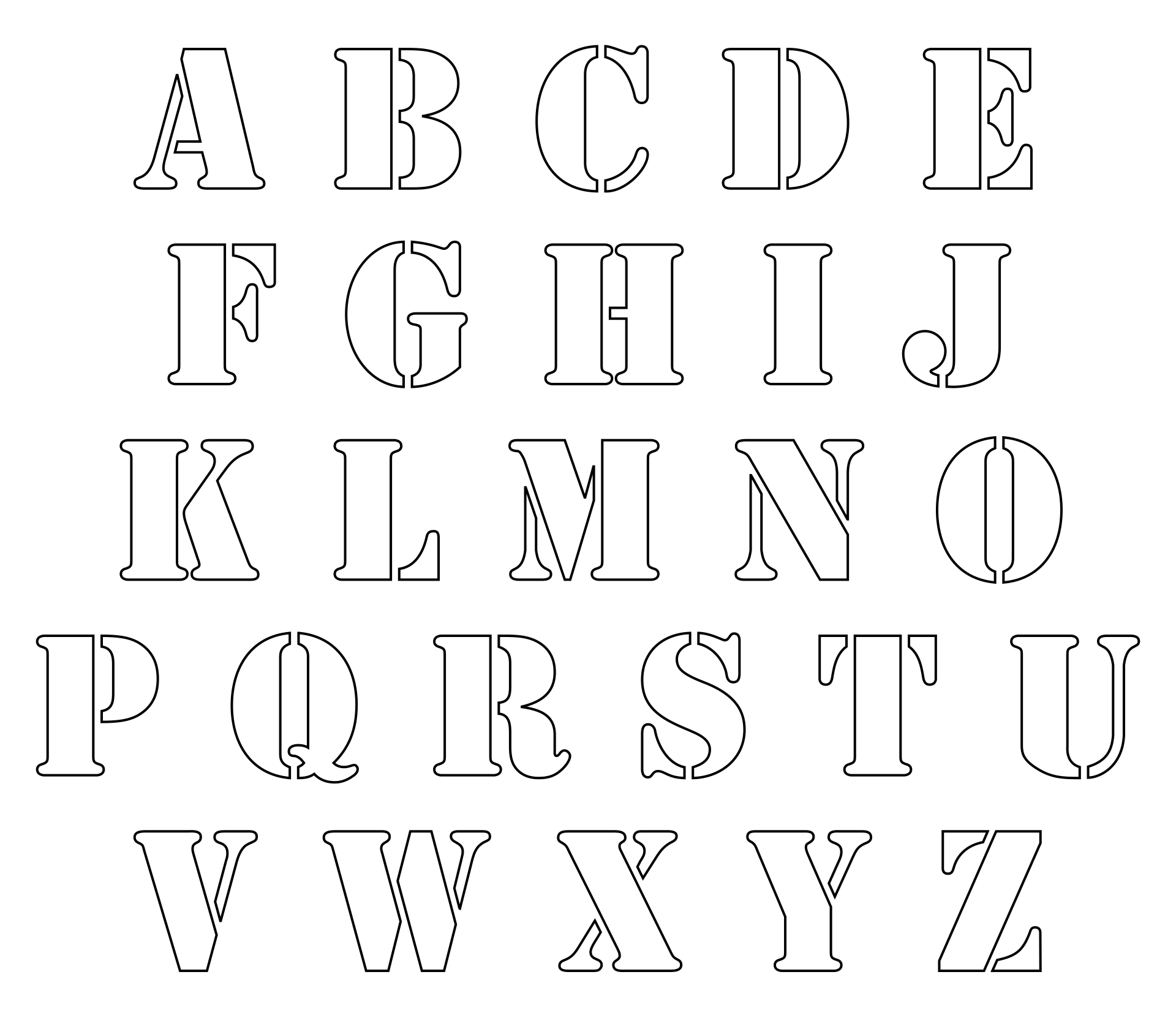
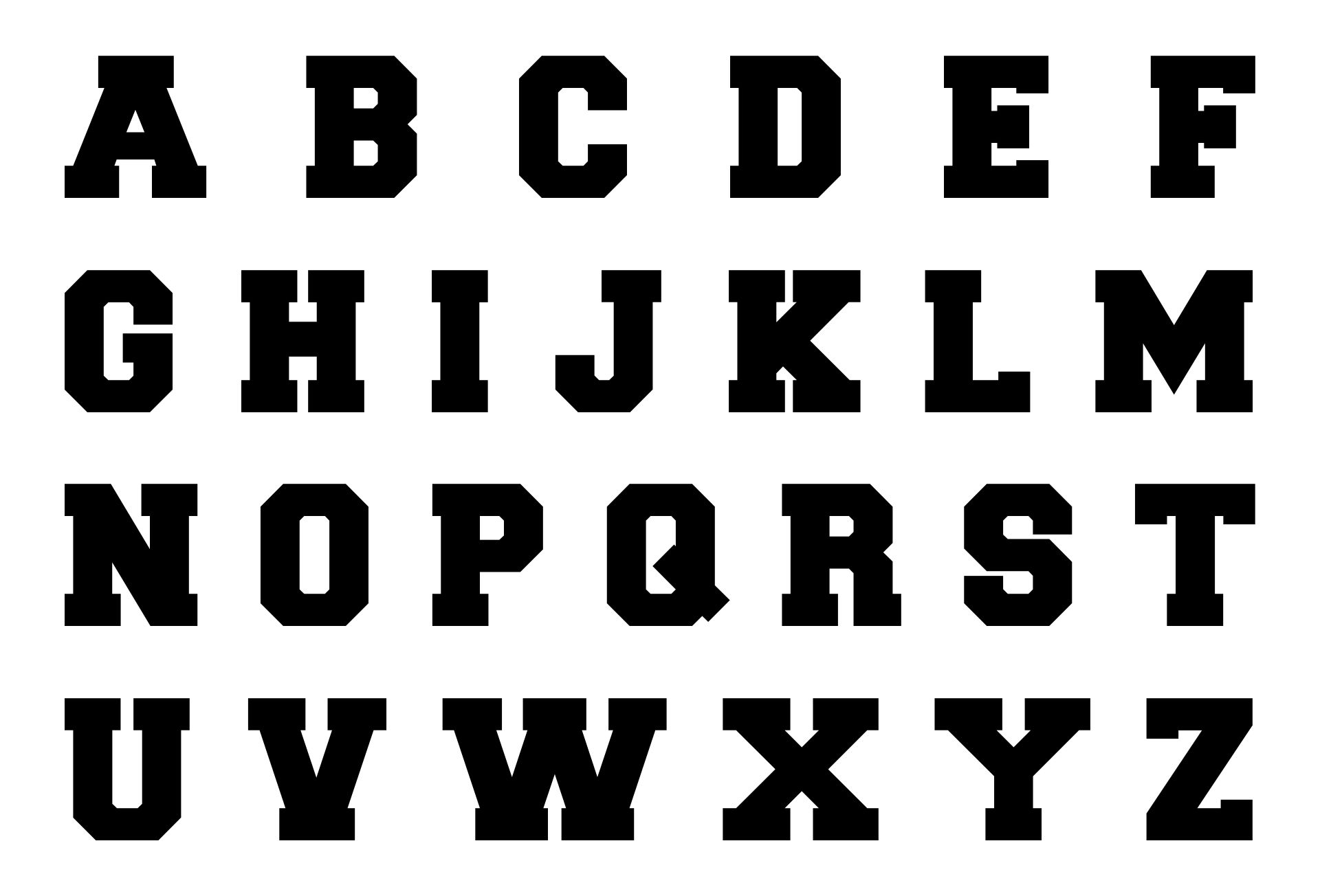
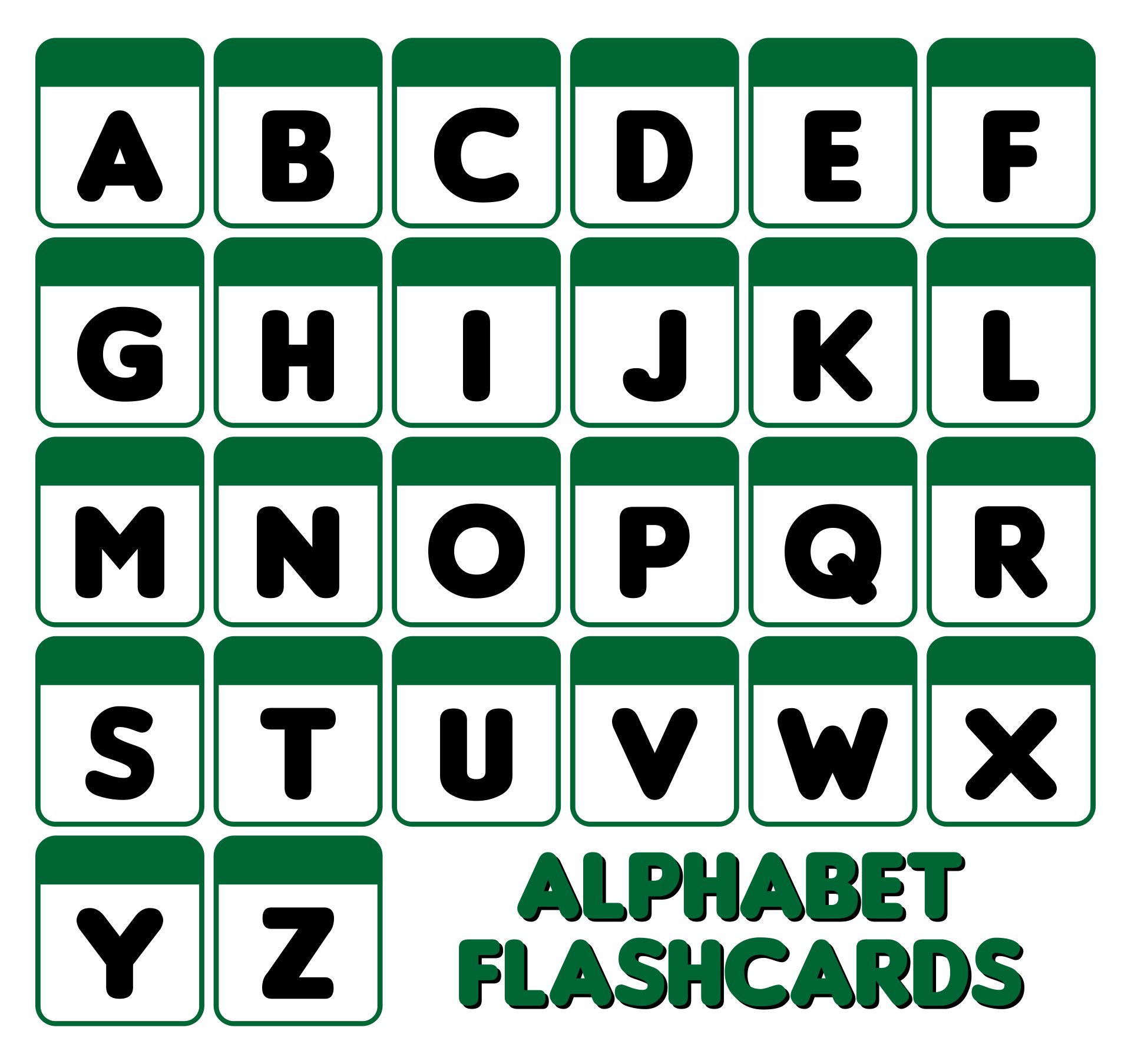
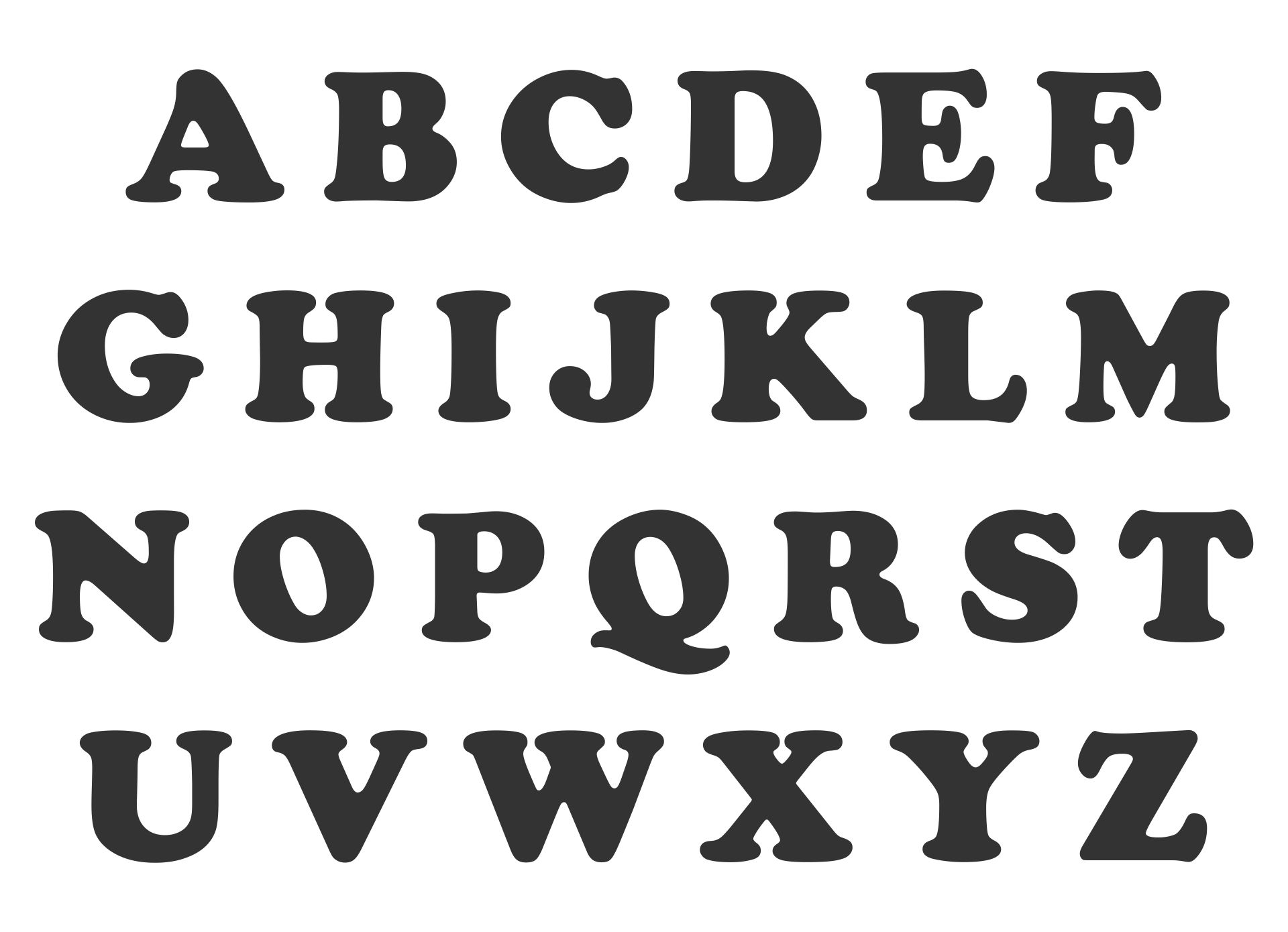

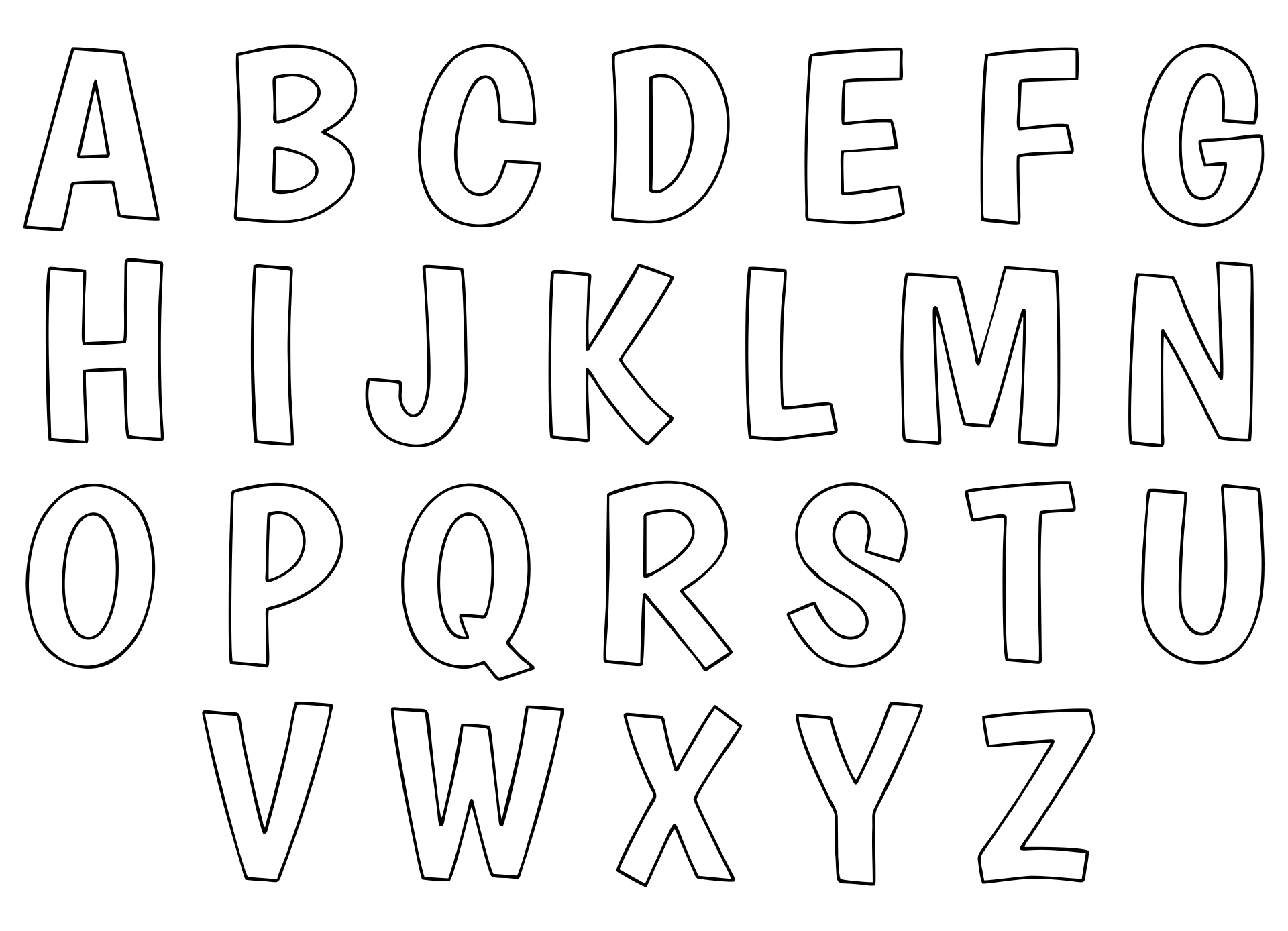











Occupational therapists can help people develop and improve a variety of skills by using printable alphabet letters as a useful tool in their practice. Printable alphabet letters can offer a multifaceted approach to skill development in occupational therapy sessions, assisting clients in reaching their goals while ensuring that the process is enjoyable and engaging.
Alphabet letters are available in a variety of fonts, sizes, and styles. Individuals can improve their visual perception skills by using printed letters to discern between different letter forms, sizes, and colors.
Letters from the alphabet can be used in cognitive tasks such as letter matching, word building, and letter sorting. These activities can help to increase cognitive abilities, memory, and problem-solving skills.
People, especially little children, might benefit from using printable alphabet letters to help them recognize and learn the alphabet's letters. To add excitement and interactivity to the learning process, occupational therapists might design entertaining games.
Printable alphabet letters can be used in games, crafts, and painting projects, among other creative endeavors. Engaging in these activities might help people feel more involved and enjoy their treatment sessions.
Occupational therapists frequently assist people, particularly kids, with handwriting improvement. A systematic and entertaining approach to practice letter formation, size, and spacing that helps improve handwriting is with printable alphabet letters.
Have something to tell us?
Recent Comments
Great resource for creating eye-catching displays or teaching letter recognition!
These printable 2 inch alphabet letters are a great resource for educational activities and crafts. They are simple, clear, and easy to use. Thank you for providing this helpful tool!
Great resource! These 2-inch alphabet letters are perfect for my crafts and teaching activities. Thank you for making them available to print!